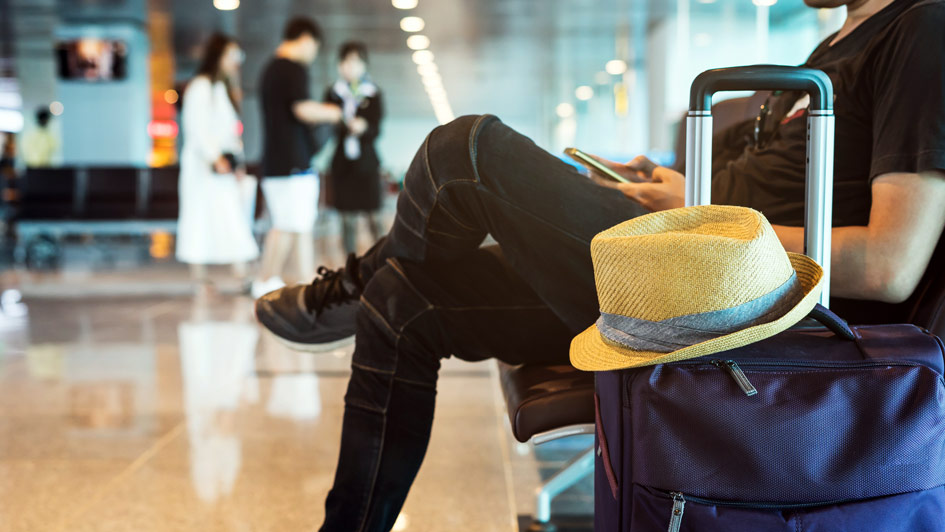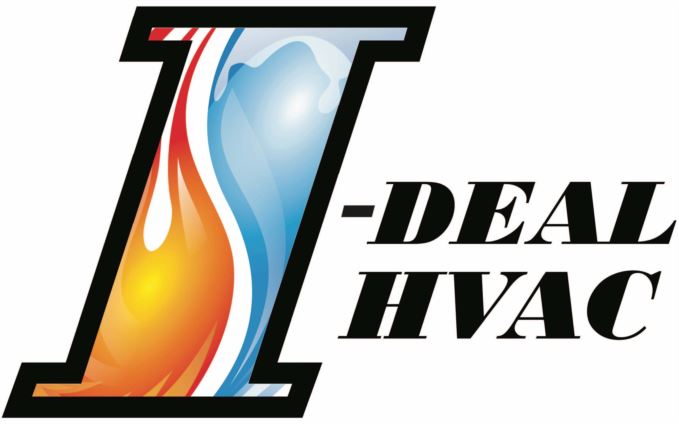
Whether it’s a relaxing vacation or an extended trip for work, taking a trip means making preparations for your HVAC system. You can't use it if you’re not home, so you can adjust the temperature as necessary to limit your energy use. Simultaneously, you don’t want to just shut it down for the entire time you're out of the house.
For the most part, it’s ideal to leave your HVAC system going and just make adjustments depending on the season. That way you can reduce energy costs without stressing about coming back to an uncomfortable home. We’ll explain why you should avoid turning your HVAC system off as well as the most energy-efficient thermostat settings for summer and winter.
Here’s Why You Shouldn’t Leave Your Thermostat on Hold
While you may be inclined to shut your HVAC system down before a trip, this will sometimes end up leading to big problems by the time you come back. This is notably true in case the weather will be severely hot or cold while you’re away from home.
For example, turning the HVAC system down during the summer can lead to very high humidity. Not only will your home feel like a swamp when you come back, but it might have also stimulated mold/mildew growth or pest infestations.
And in the winter, not using the furnace could lead to pipes freezing up or even bursting. It’s never fun to return home from a long trip only to discover substantial water damage close to a broken pipe.
Best Thermostat Settings While at Work
You can optimize the temperature even as you come and go to work. Because you’re out of the house for about 8 hours or longer, it doesn’t make sense to keep an empty home at the same temperature you’d usually have. Generally, it’s suggested to adjust the thermostat by 5 degrees or more. Meaning that if you prefer a comfortable 72 degrees, try adjusting it to 76-77 while you’re gone.
But you may save even more if you're open to further adjusting the temperature. According to the Department of Energy, you may save around 10% on your HVAC costs by increasing the adjustment to 7-10 degrees.
Best Thermostat Settings While on a Trip in Summer
If you leave for a longer trip in the middle of summer, you can make larger adjustments. This helps you avoid using too much energy while still safeguarding your home from the hassles that come with leaving it without air conditioning. Something like 5 degrees is appropriate for brief trips while around 10 degrees is best if you’ll be out of town for 2 weeks or longer. If you enjoy keeping the house at 72 in the summer, 78-82 will offer beneficial results.
Recommended Thermostat Settings While Away from Home in Winter
To determine the most energy-efficient thermostat setting for a winter vacation, just lower the temperature by the same amount you would increase it in summer. 68 is a common winter thermostat setting, so lowering it to 63-58 will keep your plumbing safe while limiting how long your furnace operates.
A Smart Thermostat Can Help: Benefits of Smart Thermostat Installation
One of the best ways to regulate your home’s HVAC system while out of the house is using a smart thermostat. This special type of programmable thermostat employs intelligent software to understand your typical comfort habits. It applies these preferences and makes automatic changes to the schedule for maximum energy efficiency. And with Wi-Fi connectivity, you can remotely access your HVAC system from a smart device like a phone or tablet.
Smart thermostats are stuffed with features to help you save on your energy bill. To provide an example, certain models can monitor electricity prices to boost heating or cooling when prices are lowest. They can also work with high-efficiency, variable-speed equipment to optimize how long your HVAC system has to run. It’s the optimal tool to streamline how you use your comfort system. If you’re thinking about investing in a smart thermostat, there are a variety of ways you can lower your costs, in essence getting a smart thermostat for free. The next time you leave for vacation, you can appreciate true peace of mind that your HVAC system won’t stir up any trouble while you’re gone.
